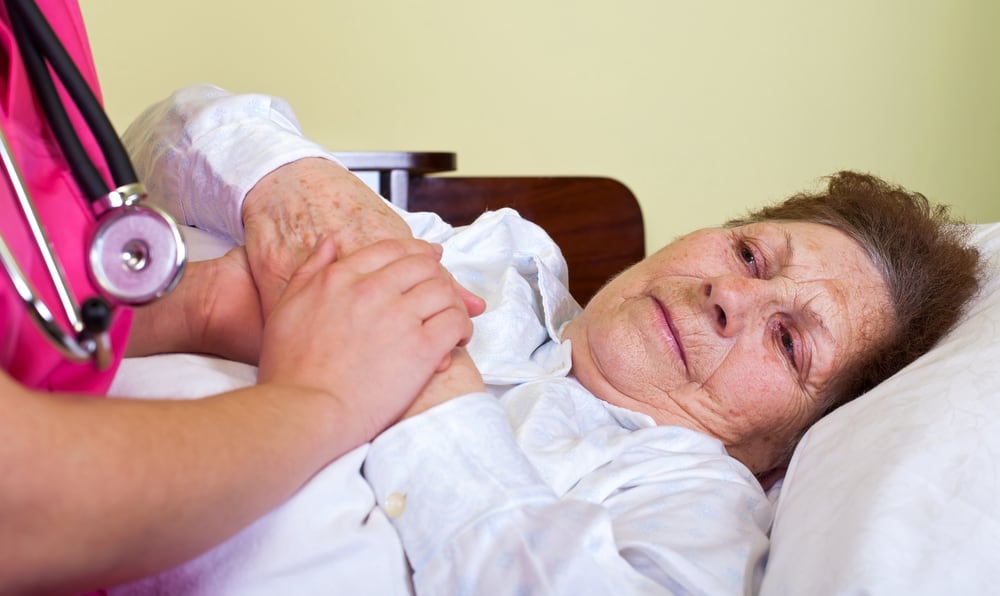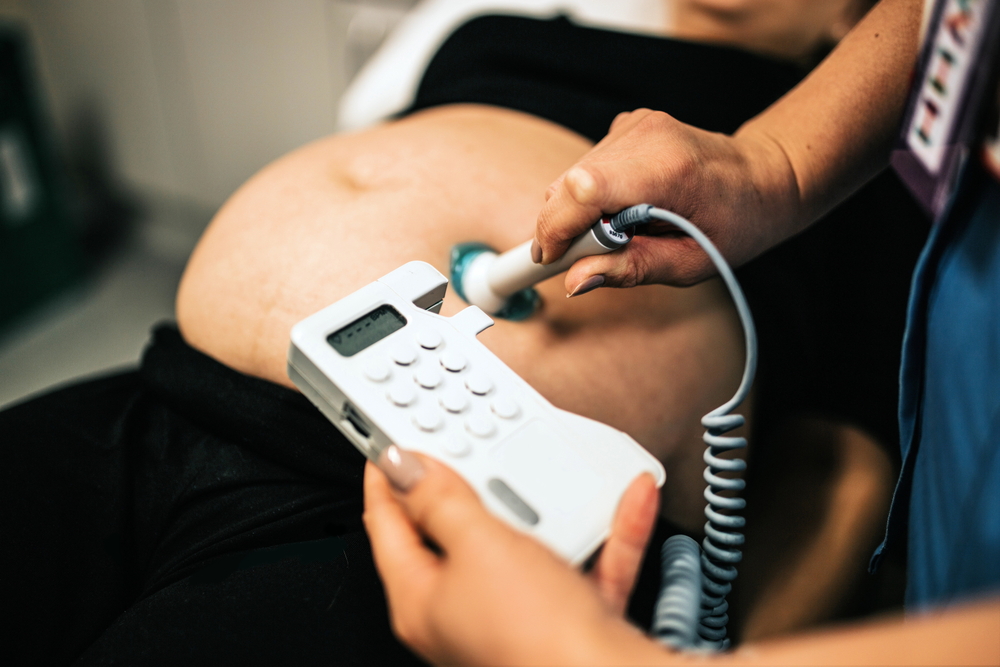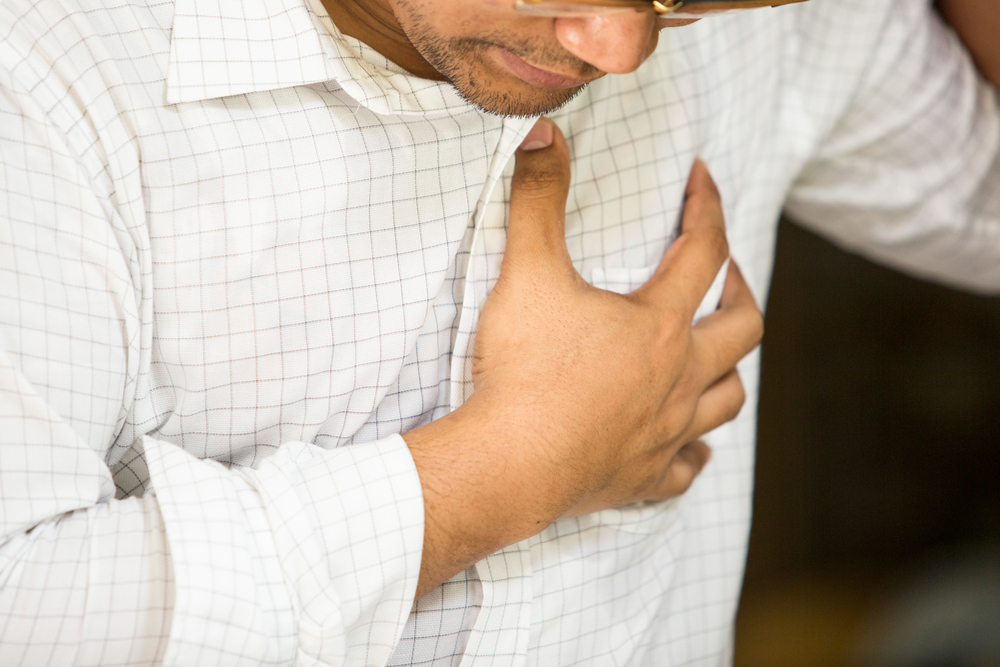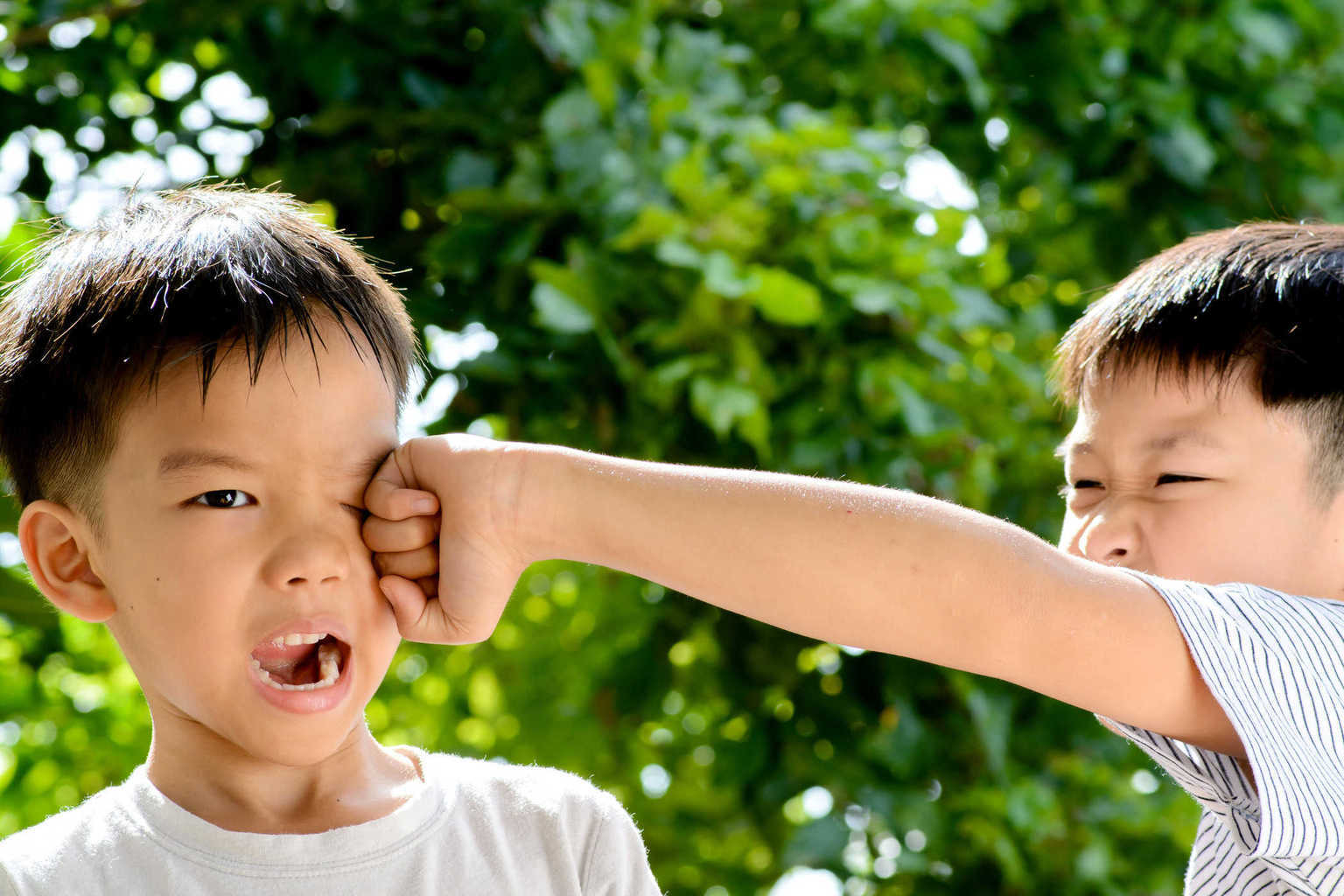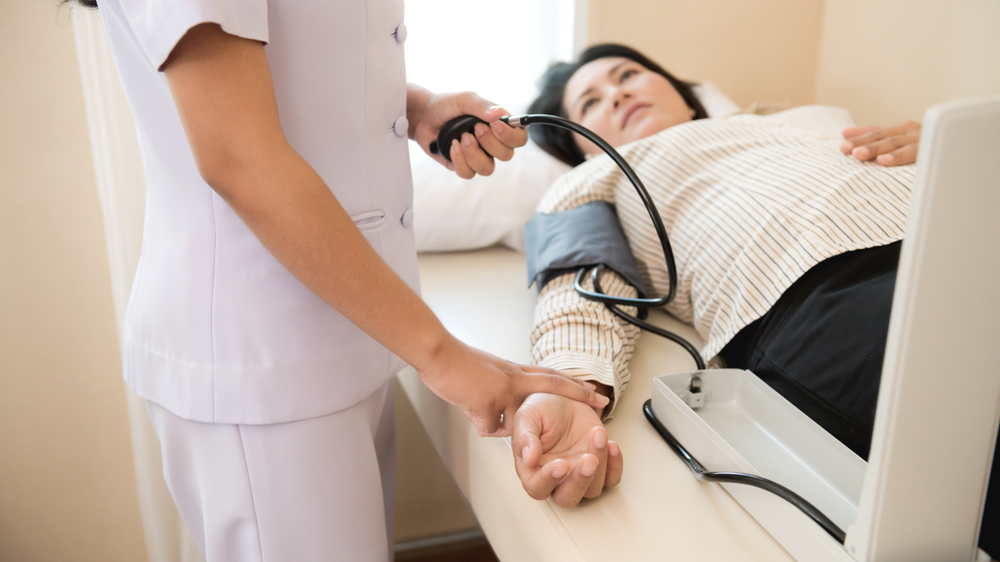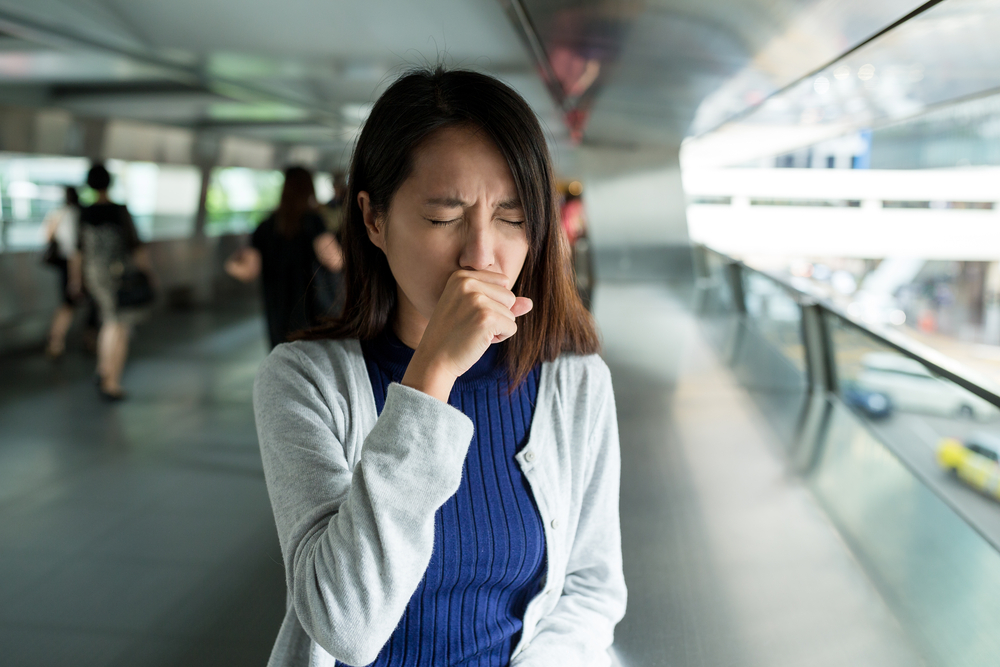Contents:
- Medical Video: Seated Exercises for Older Adults
- A glimpse of info about geriatric syndrome in the elderly
- Various health problems that appear in old age
- How to deal with geriatric syndrome
Medical Video: Seated Exercises for Older Adults
Various health problems can occur in old age because of bad habits that you do for years during youth, for example a diet high in fat and calories. "Package" typical health complaints appear in elderly people called geriatric syndrome. Any health problems that are common in old age, andhow to handle it so that it continues to be an elderly personhealthy?Check out the full review below.
A glimpse of info about geriatric syndrome in the elderly
Geriatric syndrome is a collection of symptoms or health problems that are often experienced by the elderly due to various decreases in bodily and psychological functions, socio-economic, and drastic changes in the surrounding environment.
The most common example is a decrease in appetite. In old age, appetite is generally decreased. This loss of appetite can occur triggered by physical conditions due to the aging process, such as a decrease in the function of the sense of smell and taste that makes the elderly lazy to eat because the food feels tasteless. However, this can also be caused by psychological factors, such as staying alone or depressed because of being left by a loved one. These various factors can cause the elderly to lose appetite, and over time develop anorexia.
This syndrome cannot be taken lightly, because it can cause more serious health effects such as organ dysfunction and increase the risk of death.
Various health problems that appear in old age
Geriatric syndrome is characterized by a number of health problems, starting fromcognitive dysfunction, impaired daily activities, and impaired mobility. There are six categories included in geriatric syndrome,including:
- Reduced mobility,which can be caused by lack of physical activity becausedecreased physical function of the body and comorbidities. Reduced mobility often makes the elderly fall easier.
- Falling and broken bones. The elderly often experience falls to fractures due to balance disorders caused by visual disturbances, balance organ disorders, or motor sensors. This can increase triggering physical and psychosocial trauma in the elderly, such as loss of confidence, anxiety, depression, and fear of falling.
- Bedwetting (urinary incontinence). Urinary incontinence is defined as the inability to hold urine out at the wrong and unwanted time. In the elderly, this can cause other health problems, such as dehydration because patients tend to reduce their drinking for fear of bedwetting, falls, and fractures due to slipping by urine.
- Dementia. Dementiainclude decreased memory, deterioration of cognitive functions, behavioral changes, and other brain functions that interfere with daily activities. Dementia in the elderly can occur due to natural aging, Alzheimer's disease, recurrent strokes, head trauma, hormonal disorders, nutritional problems, and others.
- Delirium. Delirium is an acute confusion which is characterized by talking digress, restlessness, difficulty diverting attention, fear, and others. This is caused by metabolic disorders in the brain due to metabolic disorders, infections, head trauma, or side effects of drugs consumed.
- Isolation or withdrawal. Elderly people tend to withdraw from the surrounding environment, usually due to loneliness, depression, and / or reduced physical ability.
How to deal with geriatric syndrome
Handling various health problems in geriatric syndrome will depend on the cause of the problem, such as:
- Reduced mobility (immobilisation). Handling impaired mobility in the elderly can be done with physical therapy slowly using support tools to stand up. With this tool, the geriatric patient is helped to learn to stand up and walk slowly so that he can support his body and move slowly.
- Fall and fracture (postural instability). Tell the doctor's team if your family member who has geriatric syndrome has fallen or slipped due to shaking. Handling given is usually in the form of exercise and physiotherapy which is useful to improve balance, how to walk, and prevent falls. Elderly people are also encouraged to routinely consume calcium and vitamin D to maintain bone strength. Avoid smoking and alcohol consumption which can reduce bone mass and increase fracture risk in the elderly.
- Bedwetting (urinary incontinence). Elderly people will be encouraged to reduce consumption of caffeinated drinks, such as coffee, tea and soda, which can increase urine production. However, the exception to the consumption of water that remains must be taken regularly to prevent dehydration. Urinary incontinence can also be treated with medication, nerve stimulation, or surgery. However, consultation with the doctor is still needed for more appropriate treatment of each elderly person.
- Dementia. If you find family members who experience this, then both the patient and the family need to be counseled to monitor the patient's abilities and consider the use of assistive devices. Because family support is very beneficial for geriatric sufferers who have dementia.
- Delirium. Handling delirium in geriatric patients can utilize counseling between patients and families. This is useful to help patients reduce their level of confusion, for example by reminding the time and place of a particular event or increasing contact with the people involved in the event.
- Isolation or withdrawal. The right treatment for geriatric patients who isolate themselves is by offering social activities or group support. In this way, the elderly can play an active role in these activities so that their confidence in socializing can increase and avoid feeling lonely.

